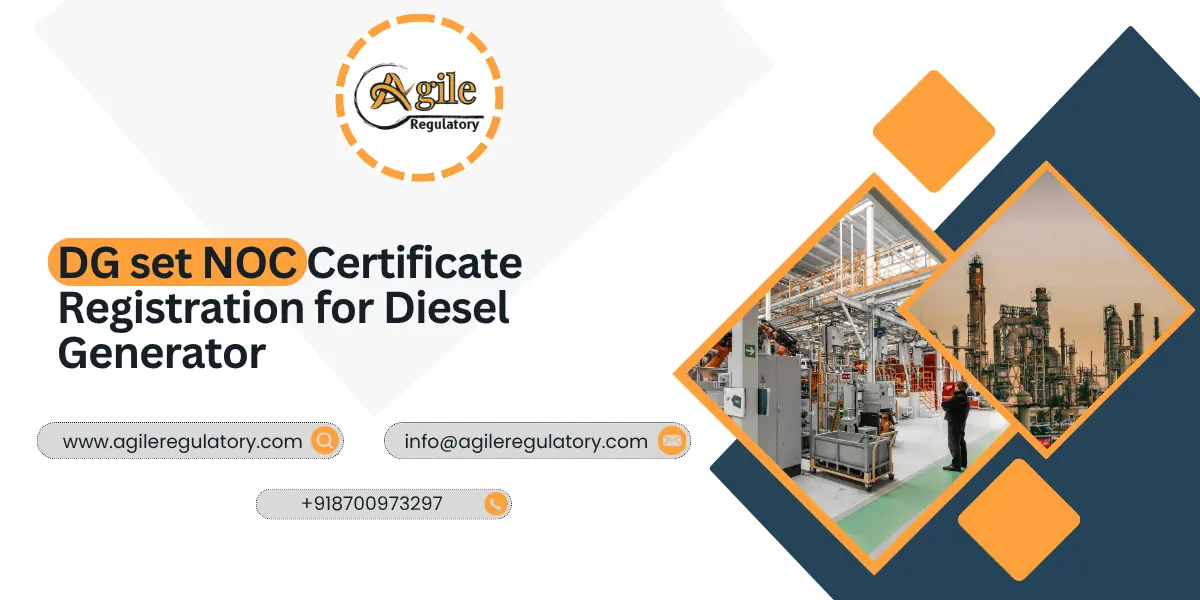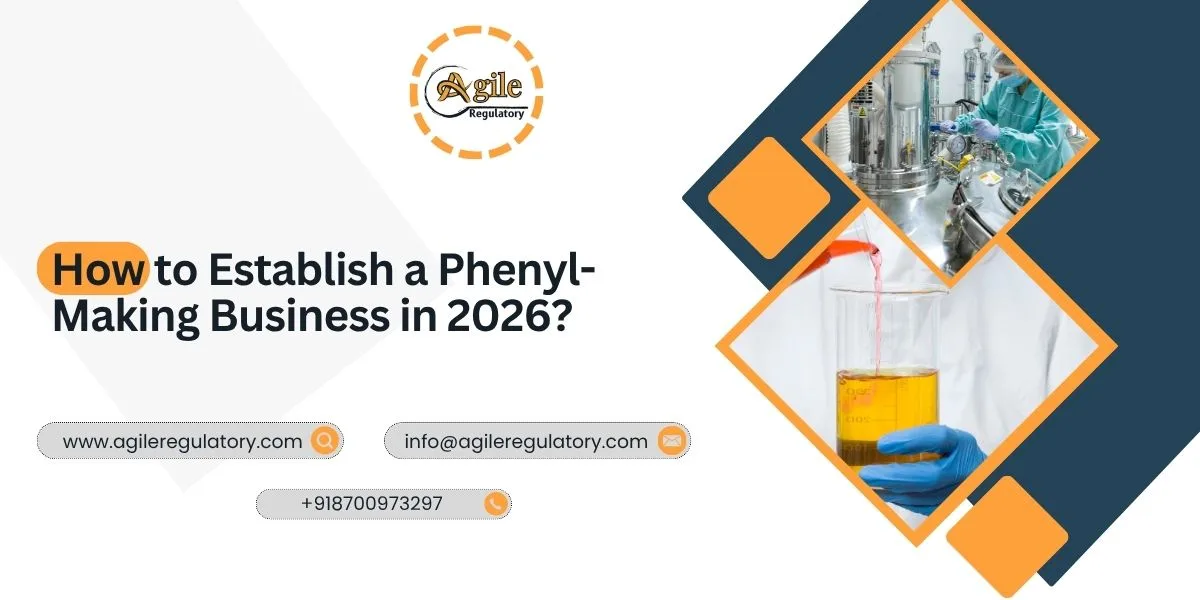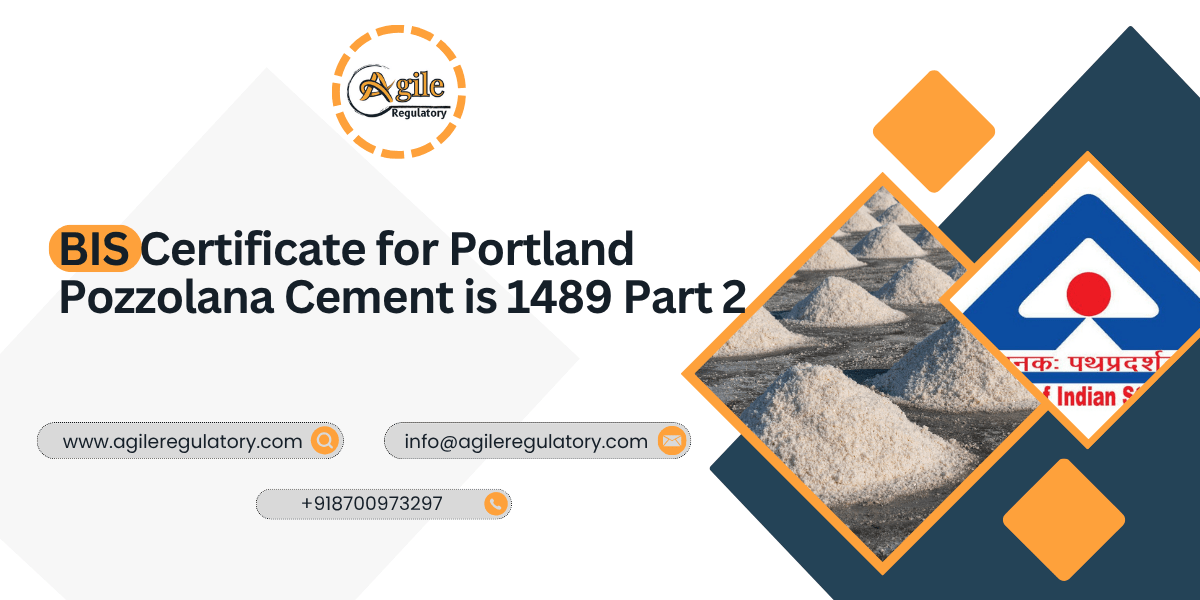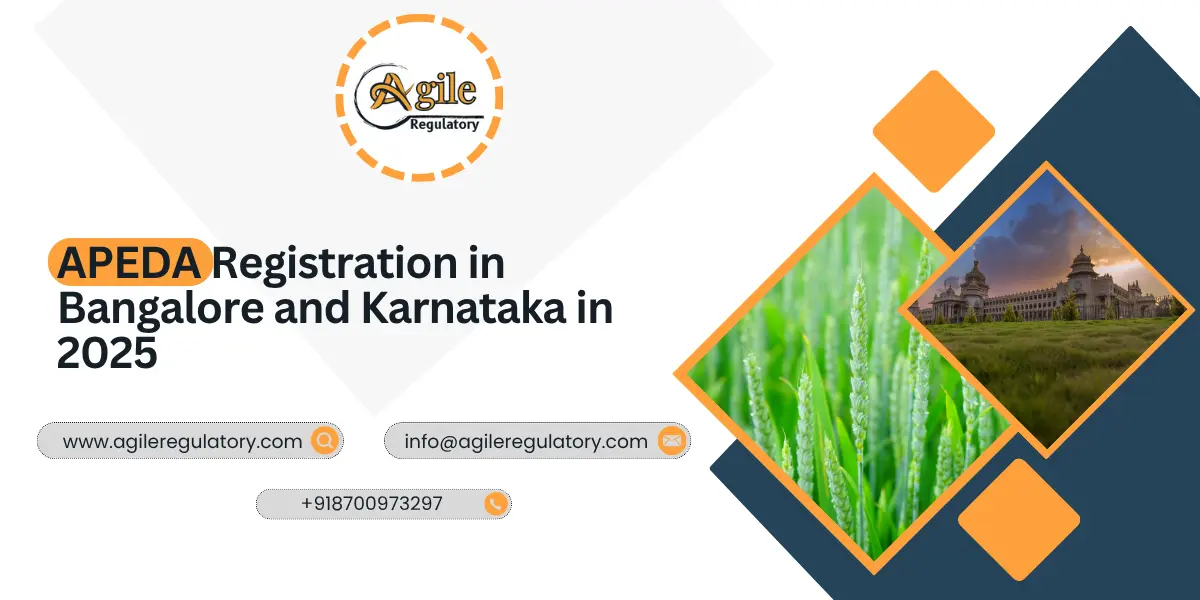
Get Instant Solution By an Expert Advisor
(4.8)
.webp)
.webp)
India’s growing automobile market leaves behind a large number of used tyres each year. These tyres don’t just take up space in landfills—they pollute soil and air, too. But one industry turns this waste into a solution: tyre recycling. Setting up a tyre recycling plant in India is more than just business; it’s a way to build green infrastructure and follow the nation’s waste management laws.
This article discusses the process of starting a tyre recycling plant in India. You will learn about the legal needs, approvals, plant setup process, and ways to run the plant
When tyres are recycled, they are broken up into rubber, steel and carbon black raw materials. They can next be used for roads, path mats, shoe bottoms, floor tiles and making fuel from their waste. How the recycling is done depends on its type.
The two ways are:
To set up a tyre recycling plant in India, you must follow the legal rules set by the Central Pollution Control Board (CPCB), State Pollution Control Boards (SPCB), and local bodies. Below are the important approvals and licenses required:
After you get all the approvals, the next step is to set up the plant. Each tyre recycling plant must include these key elements:
Choose an industrial zone which is approved for waste or manufacturing units. You will need 1 to 2 acres of land. The site must be far from water bodies, houses, and schools.
Buy machines based on the recycling method chosen. For mechanical recycling, the basic machines are:
Tyre cutter
You will need water, power, and storage tanks. Make space for office use, material loading, machine operations, and storage.
Hire people trained in machine operations, plant safety, and waste handling. Train them on how to react to fires, chemical leaks, or machine faults.
Setting up a tyre recycling plant includes many steps, and each step must follow a clear path:
The cost varies according to size, process type, and location of the plant. Here is an estimate:
| Item | Cost (in INR) |
|---|---|
| Land & Setup | ₹25 – ₹40 lakhs |
| Machinery & Equipment | ₹40 – ₹70 lakhs |
| Licensing & Clearance | ₹5 – ₹10 lakhs |
| Staff & Training | ₹5 – ₹10 lakhs |
| Working Capital | ₹10 – ₹20 lakhs |
| Total Estimate | ₹85 – ₹150 lakhs |
Returns depend on how much tyre waste you recycle each day. A medium-sized plant can break even within 2 to 3 years if run well.
If you are setting up a tyre recycling plant in India, then it is a smart move. You help the environment, create jobs, and meet the demand for recycled products. But you must follow each rule, get each license, and follow each setup step with care. With the right knowledge, tools, and legal steps, your plant can grow while helping India stay clean and green.

 Nishi Chawla
Nishi Chawla
07 Nov, 2025

 Nishi Chawla
Nishi Chawla
06 Nov, 2025

 Nishi Chawla
Nishi Chawla
06 Nov, 2025

 Nishi Chawla
Nishi Chawla
05 Nov, 2025

 Nishi Chawla
Nishi Chawla
05 Nov, 2025

Get Instant Solution By an Expert Advisor
(4.8)
We simplify compliance through a proven 4-step process: Consultation, Documentation, Submission, and certification. From understanding requirements to getting final approvals, we deliver a smooth, timely, and fully compliant journey for your business.
What our customer says about us
Fantastic support from the team. Their expertise transformed our approach, driving remarkable outcomes. A must-have partner for businesses seeking effective consulting solutions. Highly recommended.

KTPL Instruments
Agile Regualtory delivers exceptional solutions. Their insightful guidance streamlined our processes and boosted profitability. Highly recommended for businesses seeking expert consulting services to thrive.

Justrack IOT
Impressed by Agile Regulatory's expertise. Their strategic insights and practical solutions have elevated our business operations. A reliable partner for effective consulting services. Highly recommended for growth-focused businesses.

Coaire Compressor
Extraordinary consulting services. Their insightful solutions and dedicated team reshaped our business, driving remarkable improvements. Highly recommend it for transformative results.

Easy Polymer
Incredible experience with Agile Regulatory. Their innovative strategies and expert advice revitalized our business model, resulting in impressive growth. Highly recommend their exceptional consulting services.

Tarus International
Top-tier consulting! offered strategic solutions that revolutionized our approach. Their deep expertise and personalized guidance made a significant impact on our success. Highly recommend their services.

Anchor Weighing
Agile Regulatory exceeded expectations! Their tailored solutions, expertise, and proactive approach led to remarkable results. Highly recommend for businesses seeking impactful and strategic guidance.

AM Capacitor
Outstanding service! delivered targeted solutions with professionalism and expertise. Their insights elevated our business strategies, resulting in noticeable growth. Highly recommended for exceptional consultation.

Imaxx Pro Aquistic
Leave a Reply
Your email address will not be published. Required fields are marked *